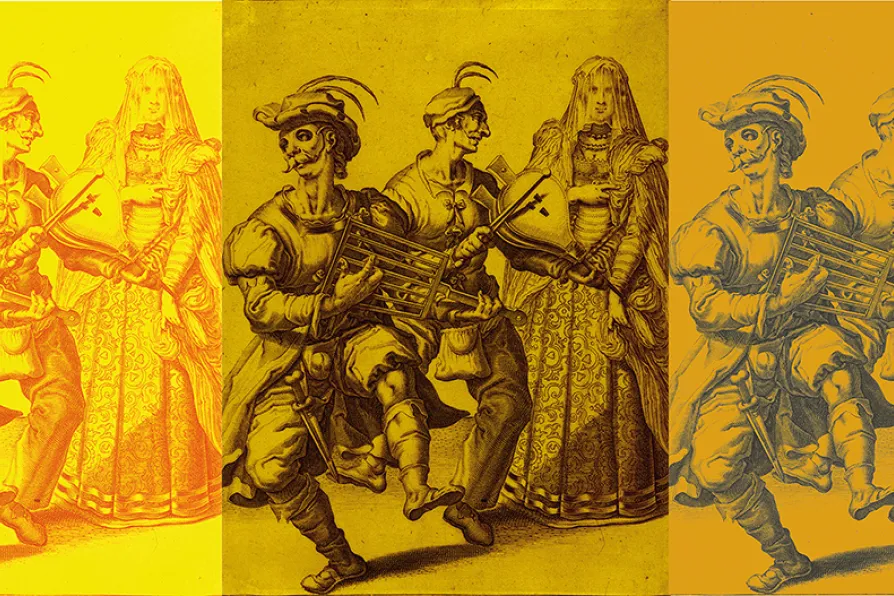Labour prospects in May elections may be irrevocably damaged by Birmingham Council’s costly refusal to settle the year-long dispute, warns STEVE WRIGHT


DECEMBER is rarely a time for big protests. The weather is poor and the pressures of a commercial festival are considerable, even more so in another year with Covid concerns.
Yet traditionally Christmas and new year have been times of revolt. When most worked on the land there was little that could be done in the few hours of daylight at this time of year. There was however plenty of time for festivities and revolt.
It was a time of the election of lords of misrule (these were mainly men although in France women also took the role).

It’s not just the Starmer regime: the workers of Britain have always faced legal affronts on their right to assemble and dissent, and the Labour Party especially has meddled with our freedoms from its earliest days, writes KEITH FLETT

The government cracking down on something it can’t comprehend and doesn’t want to engage with is a repeating pattern of history, says KEITH FLETT

KEITH FLETT revisits the 1978 origins of Britain’s May Day bank holiday — from Michael Foot’s triumph to Thatcher’s reluctant acceptance — as Starmer’s government dodges calls to expand our working-class celebrations











